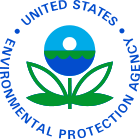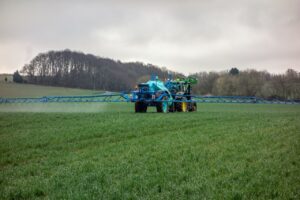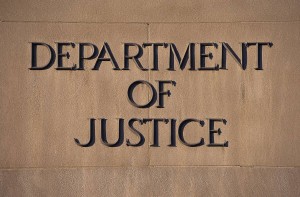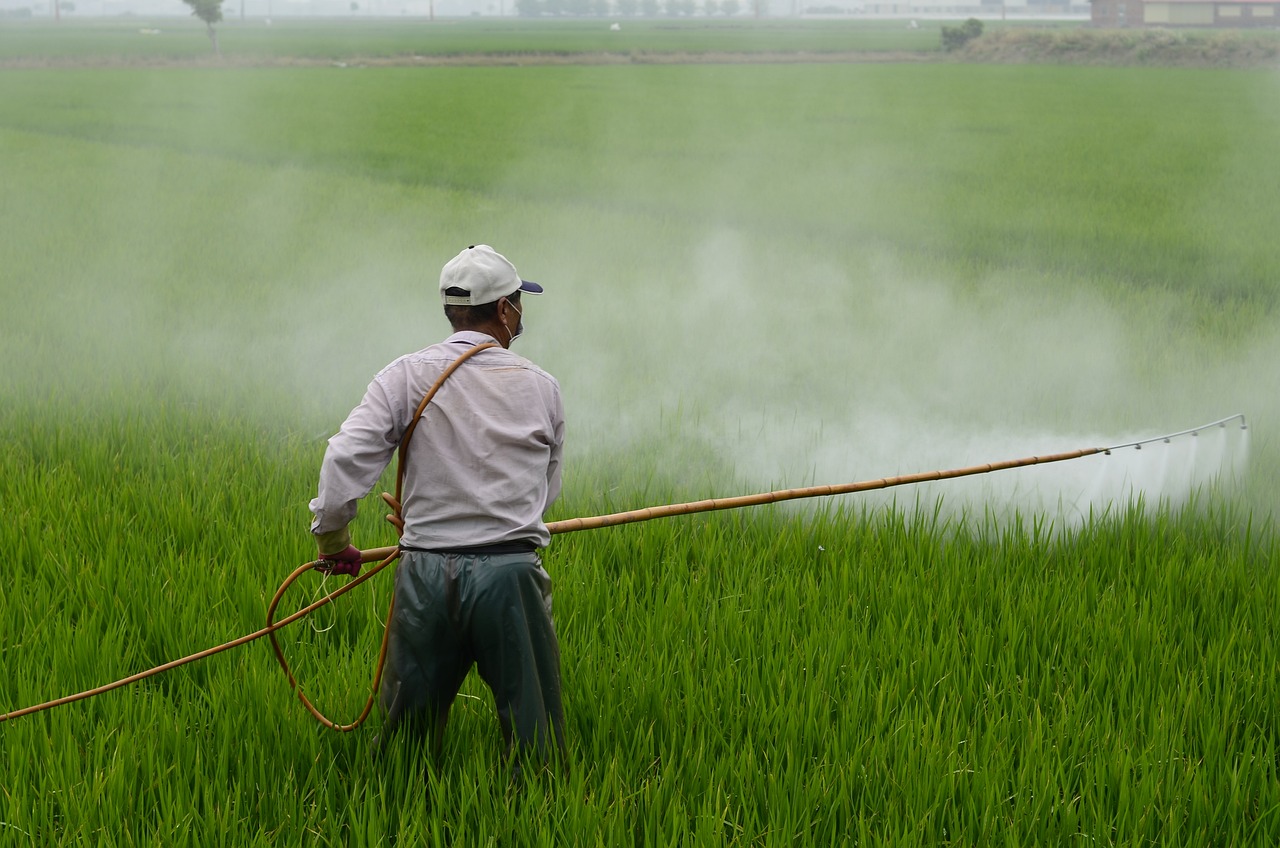 A New Jersey man was sentenced for selling more than $2.7 million worth of unregistered pesticides to numerous victims based on false representations that these products were pesticides registered with the Environmental Protection Agency (EPA), officials stated.
A New Jersey man was sentenced for selling more than $2.7 million worth of unregistered pesticides to numerous victims based on false representations that these products were pesticides registered with the Environmental Protection Agency (EPA), officials stated.
The pesticides were on EPA’s “List N: Disinfectants for Use Against SARS-CoV-2” that EPA deemed to be effective against SARS-CoV-2 (Coronavirus).
U.S. District Court Judge Robert B. Kugler sentenced Paul Andrecola, 63, of Maple Shade, New Jersey, to five years in prison and forfeiture of $2.74 million.
Andrecola had previously been charged with one count of knowingly distributing or selling an unregistered pesticide in violation of the Federal Insecticide, Fungicide and Rodenticide Act (FIFRA), one count of wire fraud and one count of presenting false claims to the United States.
 “Paul Andrecola’s scheme profited on the fears of the American people during the height of concerns about transmission of COVID-19,” said U.S. Attorney Philip R. Sellinger for the District of New Jersey. “Our office is dedicated to protecting public health and prosecuting to the full extent of the law fraudsters who commit such egregious criminal acts.”
“Paul Andrecola’s scheme profited on the fears of the American people during the height of concerns about transmission of COVID-19,” said U.S. Attorney Philip R. Sellinger for the District of New Jersey. “Our office is dedicated to protecting public health and prosecuting to the full extent of the law fraudsters who commit such egregious criminal acts.”
FIFRA provides for federal regulation of pesticide distribution, sale and use.
 The purpose of FIFRA is to ensure that pesticides sold in the United States are safe, effective and bear labeling containing true and accurate information, according to officials.
The purpose of FIFRA is to ensure that pesticides sold in the United States are safe, effective and bear labeling containing true and accurate information, according to officials.
The EPA has responsibility under FIFRA to regulate the manufacture, labeling and distribution of all pesticides shipped or received in interstate commerce.
Under FIFRA, all pesticides must be registered with the EPA before the pesticide can be sold or distributed, and no person may distribute or sell a pesticide that has not been registered with the EPA.
 Moreover, before pesticide products can legally make claims that they can kill a particular pathogen such as SARS-CoV-2, the claim must be authorized by EPA based on a review of data.
Moreover, before pesticide products can legally make claims that they can kill a particular pathogen such as SARS-CoV-2, the claim must be authorized by EPA based on a review of data.
In March 2020, at the beginning of the global pandemic, the EPA created a list of EPA-registered products that it deemed to be effective against SARS-CoV-2, titled “List N: Disinfectants for Use Against SARS-CoV-2.” The EPA has continued to update this list since its creation.
According to documents filed in this case, and statements made in court:
 Andrecola owns and operates three companies based in Mount Laurel, New Jersey, and manufactured various disinfectant products, including liquids and wipes, under the brand name “GCLEAN.”
Andrecola owns and operates three companies based in Mount Laurel, New Jersey, and manufactured various disinfectant products, including liquids and wipes, under the brand name “GCLEAN.”
GCLEAN products were unregistered pesticides under FIFRA and none of the products were on EPA’s “List N of Disinfectants for Use Against SARS-CoV-2.”
Rather, Andrecola placed another company’s EPA Registration Numbers on his company’s products and falsely marketed that his products were EPA-approved to kill Coronavirus by creating numerous false documents to support his claims.
Specifically, Andrecola, or others at his behest, provided this falsified documentation to potential customers, falsely representing that various sanitizer and wipe products in the names GCLEAN and/or GC200 were EPA-registered products on EPA’s “List N: Disinfectants for Use Against SARS-CoV-2,” to persuade them to purchase the unregistered pesticide products.
From approximately March 2020 through May 2021, Andrecola used these fraudulent representations to make more than 150 sales of unregistered pesticides for a profit of more than $2.7 million.
The purchasers of these unregistered pesticides included a police department in Delaware, a fire department in Virginia, a medical clinic in Georgia, a janitorial supply company in New York, a school district in Wisconsin, as well as numerous U.S. government agencies (namely, the U.S. Marshal’s Service, Moody Air Force Base, the Department of Veterans Affairs and the U.S. Forest Service).
The government is represented by Trial Attorneys Adam C. Cullman and Matthew D. Evans of ENRD’s Environmental Crimes Section and Special Assistant U.S. Attorney Jason P. Garelick for the District of New Jersey, Economic Crimes Unit in Newark.
EPA’s Criminal Investigation Division investigated the case.

